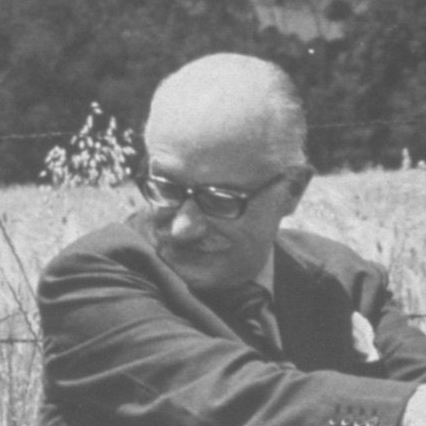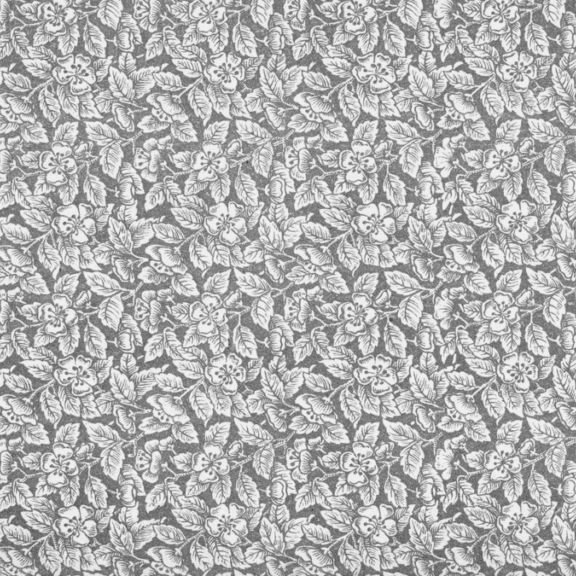See the list of topic categories here.
“Civilizations” are those periods during which manners are a part of ethics.
The fool, seeing customs change, concludes that morality varies.
Neither a declaration of human rights, nor the proclamation of a constitution, nor an appeal to natural law, protects against the arbitrary nature of the State. The only barrier to despotism is customary law.
The “rational,” the “natural,” the “legitimate” are nothing more than what is customary. Living under a lasting political constitution, with stable customs, among enduring objects, is the only thing that allows us to believe in the legitimacy of a ruler, the rationality of customs, and in the naturalness of things.
Etiquette, ritual, restraint, are the hands that shape in the soul the animal clay of instinct.
When the democratic man gets gangrene in his finger, the only thing he can think to do is demand a law ordering the cutting off of all hands.
Social traditions are the alternative to force. State violence, or popular violence, is the alternative of societies in constant “progress.”
Religious practices may not improve ethical behavior, but they indisputably improve manners.
When anonymous, faceless “law” is the tyrant, modern man believes he is free.
Order emerges naturally from a norm, not imposed rules.
The falsely named “peasant democracies” were not democracies. No doubt the people elected a ruler there, but the rule was customary law. The essence of democracy is not the election of the ruler, but the capricious manipulation of the law.
The legislative itch secretes a thread in whose web the spider itself becomes entangled, and dies.
To object to custom, it is customary to appeal to a “truth” that is nothing more than an incipient custom.
The idea of the evolution of law is as comical as that of the evolution of logic.
Rapid social changes and urban anonymity erode, smooth down, and sand the individual, their conscience left defenseless and naked before the State. And if they are allowed to make decisions, such a society produces individuals the least able to do so.
Dying societies accumulate laws like dying men collect remedies.
There are moments when the worst failing, the worst offense, the worst sin, seems to be bad manners.
Law is the rule of conduct that is born of the agreement. Justice is the observance of the legal rule. The State is the legal rule that assures the observance. Law, justice, and the State, juridically are nothing more.
Contempt for “formalities” is the mark of the idiot.
The two sides of the coin of barbarism: those people who have nothing but customs, but respect nothing but laws.
Modern society has a peculiar habit of systematically substituting political authorities for social authorities. That is to say: replacing civilizing duties with administrative positions.
Without canon law, the Catholic Church would not have had her admirable institutional presence in history. But the vices of Catholic theology result from a propensity to treat theological problems as though one is a canon lawyer.
The necessary and sufficient condition of despotism is the disappearance of any type of social authority not granted by the State.
In a democracy, the jurist is not an expert in law, but an expert in working as a government functionary.
Civilization endures where traces of aristocratic customs remain.
Public gestures ought to be regulated by the strictest formalism in order to prevent that feigned spontaneity that so pleases the fool.
A plethora of laws indicates that no one knows how to rule with intelligence, or what it means to obey freely.
Attempting to reform society through laws is either the fantasy of a reckless citizen, or a sly precursor to tyranny. If a law is not merely the legal form of a custom, it is a violation of liberty.
What holds society together is mutual flattery.
Where the law is not customary law, it is easily turned into a mere political weapon.
Democracies prefer to tyrannize with judicial power.
Men can lawfully increase the extent and the intensity of the liberties they adopt, and can agree, then, to distinct types of servitude, as long as they do not submit to the unconditional will of another man. The settler of the colony and the medieval serf were in lawful situations, but slavery is illicit, even if agreed upon, and even if it lasts for centuries because it violates the rule that prohibits agreeing against the agreement.
A totalitarian state: The result of social cohesion having been destroyed by the liberal and democratic mentality, then replaced with state cohesion.
Societies in agony struggle against their fate with the power of their laws, as the shipwrecked struggle against the water with the power of their screams. Brief whirlpools.
By repudiating rites, man reduces himself to an animal that copulates and eats.
The first revolution broke out when it occurred to some fool that law could be invented.
It is enough, sometimes, when a society suppresses a custom it has judged absurd, for a sudden catastrophe to reveal their mistake.
The state is, by nature, a juridical animal, no matter the natural routine or historical violence by which it originates. When the gregariousness of the herd fails, violence orients human behaviors, but even in the horde or tribe the naked force of a warlord or leader only bears temporary triumph, if those who suffer its brute aggression do not agree with a law that legitimizes he who enforces it. Even between thugs, the leader needs the approval of his accomplices. All despotism is founded on the support of its adherents. The law is the spine of force.
Humanity, human warmth in a society, these things diminish by the same degree to which legislation is perfected.
A healthy, well constituted state is one where innumerable obstacles restrict and hinder the freedom of the legislator.
An excess of law emasculates.
The increase in freedoms, on one hand,
and the increase in regulations, on the other,
work together perfectly to demoralize society.
The rapid evolution of a society deforms its customs. It imposes on the individual, instead of the natural and subtle education of customs, the reins and whip of law.
A healthy, well constituted state is one where innumerable obstacles restrict and hinder the freedom of the legislator.
Where the legislator is considered less than omnipotent, the medieval heritage remains.
Asking the State to do what only society should do is the error of the left.
One can only speak of the sovereignty of law where the legislator’s function is reduced to consulting the consensus of custom in the light of ethics.
Civilizations are not made avec des idees, but with customs and manners.
Note: Dávila was a Colombian political philosopher and in the Latin church. His aphorisms are presented here for the purposes of enjoyment, study, and historical record, but do not necessarily reflect the opinions of this writer. For more information on Dávila, see this introductory post. For information on how to live your life, go to church and read the Church Fathers/Saints.
Featured image: Dávila in a field, photographer unknown



